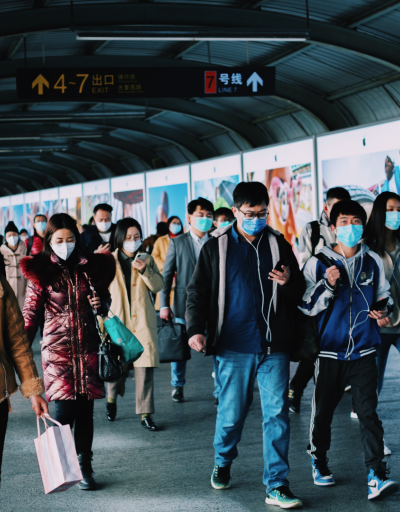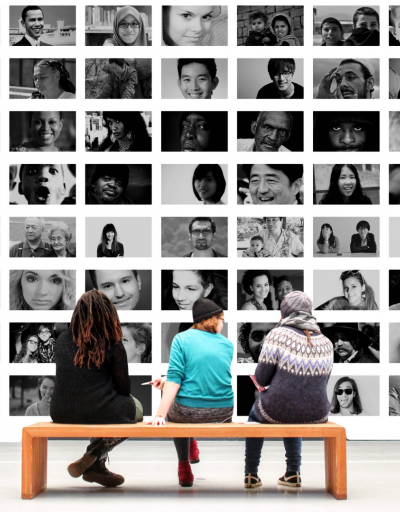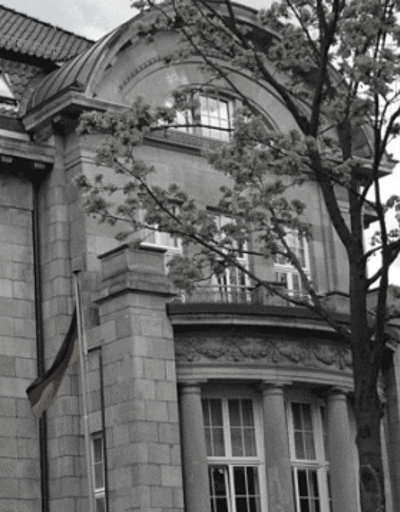Virtual Exhibition: The power of lifelong learning

The speed of today’s changes calls for opportunities to learn throughout life, for individual fulfilment, social cohesion and economic prosperity. As important as foundational skills are, learning can no longer be confined to early childhood and adolescence. Rather, all of us – starting with the most disadvantaged – must have continued access to learning for employment and personal agency. So, where do we stand in terms of the commitments made by world leaders with the adoption of the 2030 Agenda for Sustainable Development and, more specifically, the UN Sustainable Development Goal (SDG) 4, which calls for quality education provision and lifelong learning opportunities for all?
The current data are disheartening:
children and youth still have no access to primary and/or secondary school.
At least
young people and adults – the majority of whom are women – still cannot read and write, and only a small fraction of adults have the digital skills needed to navigate basic twenty-first century demands.1 The evidence is clear: we are failing millions of children, young people and adults. Moreover, the COVID-19 pandemic continues to exacerbate this education crisis. Without remedial, learning losses will continue to rise, reversing progress towards not only SDG 4 but also the other SDGs. The time to act is now. We must extend the right to education, establishing lifelong learning as human right.
1According to the 2021/22 Global Education Monitoring Report, in only 10 of 91 countries with data do the majority of adults report having at least five of the nine ICT (information and communication technology) skills which are monitored for global comparison.

2022 marks 70 years of the UNESCO Institute for Lifelong Learning (UIL). To celebrate this special anniversary, the Institute is not only looking back at how it has promoted lifelong learning throughout the years but together with partners also shares why lifelong learning is fundamental for a sustainable future. We invite you to join us in commemorating this noteworthy anniversary and in our continuous efforts to make lifelong learning a reality for all across the globe!
Share your voice on the power of lifelong learning

The UNESCO Institute for Lifelong Learning (UIL) was founded as the UNESCO Institute for Education (UIE) only a few years after the end of the Second World War. Its aim back then: improving relations between people and nations through international understanding. While the geographical emphasis was at first largely restricted to Germany and Europe, the Institute became ever more international in outlook from the 1960s onwards.


